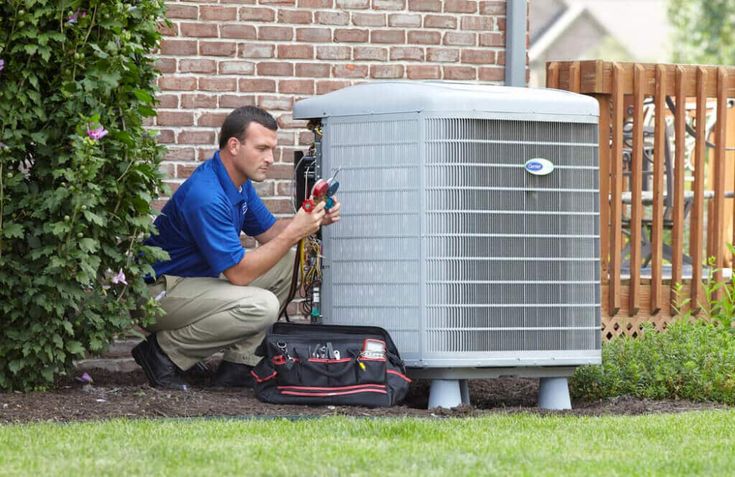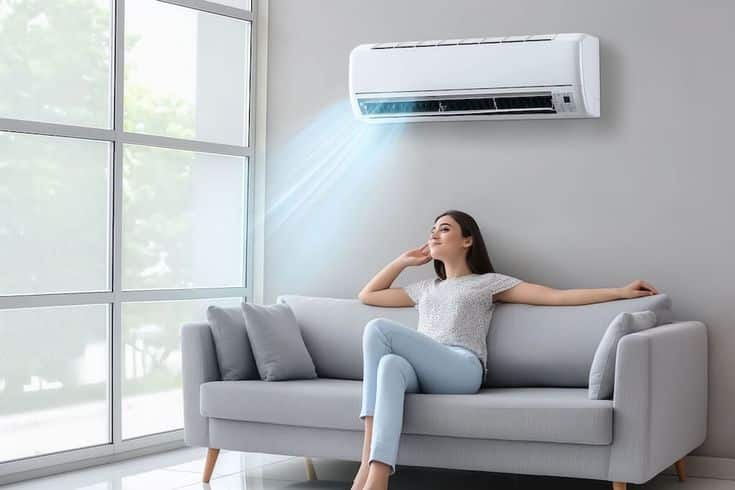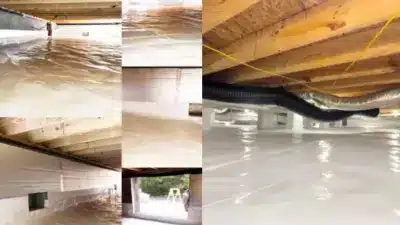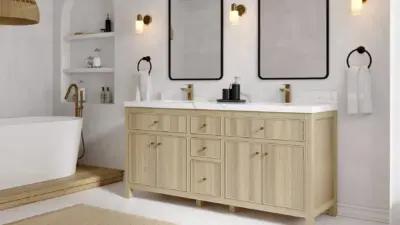
Investing in new HVAC units can be a significant expense, but knowing when to update your system can save you money and improve your home’s comfort and efficiency. As homeowners, making informed decisions about home improvement is crucial, particularly in areas that directly impact our daily living conditions, such as heating and air conditioning. This article explores key considerations and indicators that suggest it’s time to invest in new HVAC systems.
Signs Your HVAC System Needs Replacement

One of the primary indicators that you need to replace your HVAC system is its age. An older unit, particularly one nearing or exceeding a decade, typically lacks the efficiency and capabilities of newer models. This is comparable to the typical residential water heater, which, as noted by the International Association of Certified Home Inspectors, generally has a lifespan of about 10 years.
Another clear sign is increased energy bills, which could indicate that your system is working harder to maintain the same level of comfort. Inefficiency in older HVAC systems can lead to disproportionately high energy usage, causing a noticeable spike in utility costs. These rising expenses are often a precursor to the impending failure of older units.
Frequent repairs are another indicator that your HVAC system is nearing the end of its useful life. When repair costs start stacking up, continuing to patch a failing system isn’t the most economical choice. Instead, investing in a new unit can offer long-term savings and peace of mind, reducing the need for constant servicing.
The Benefits of Upgrading Your HVAC System

Upgrading to a new HVAC system provides improved energy efficiency, which translates into lower energy bills. Newer models are designed with advanced technology that maximizes performance while minimizing energy consumption. This efficiency is increasingly critical as the HVAC systems market is projected to grow significantly, reaching an estimated $370 billion globally by 2030.
A new HVAC unit can also significantly enhance indoor air quality. These systems come equipped with superior air filtration features, which can reduce dust, allergens, and other pollutants indoors. Such an improvement in air quality can contribute positively to the overall health and comfort of home occupants.
Beyond efficiency and air quality, modern HVAC systems offer enhanced features and functionalities. Smart temperature controls, programmable settings, and increased compatibility with home automation systems are common in newer units. These upgrades provide homeowners with unparalleled convenience and customization in managing their home environment.
Considering the Timing of Your Investment

The decision to invest in a new HVAC system is best made proactively, not reactively. Waiting for an old unit to break down often leads to rushed decisions and potentially choosing a system that doesn’t effectively meet your needs. Planning ahead can help you take advantage of seasonal deals and promotions, lowering your overall investment cost.
Another factor to consider is the growing demand in the HVAC market. According to Onedesk, the number of HVAC units sold in 2024 is projected to surpass 151 million, indicating an increasing consumer inclination toward upgrading their systems. This growing demand underscores the importance of staying ahead in home improvement trends.
Evaluating the specific needs of your household is critical when deciding on a new HVAC system. Factors such as home size, climate, and personal preferences in comfort can all influence the type of system most suitable for you. Consulting with professionals can provide valuable insight, ensuring your investment yields long-term satisfaction.
Investing in a new HVAC unit is a significant decision that requires careful consideration of various factors, from system age and repair frequency to efficiency and market trends. Understanding the signs that your current system is failing can lead to better timing and result in a more satisfactory home improvement. Ultimately, updating your HVAC system not only enhances your home’s comfort but also contributes to lower operational costs and improved air quality.
- 0shares
- Facebook0
- Pinterest0
- Twitter0
- Reddit0



